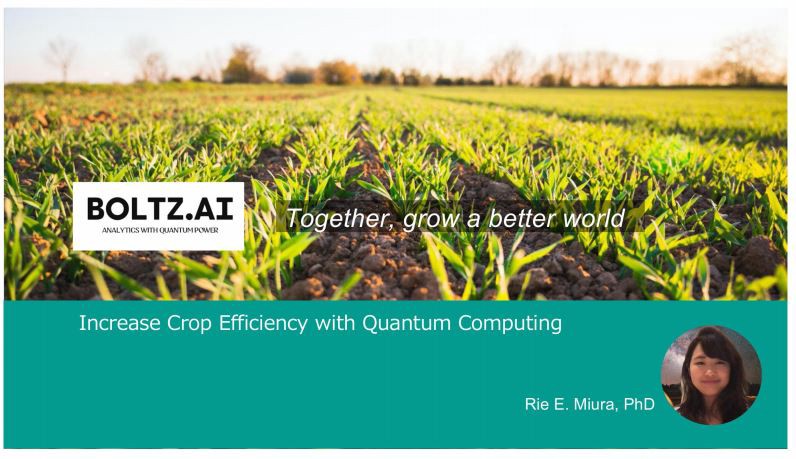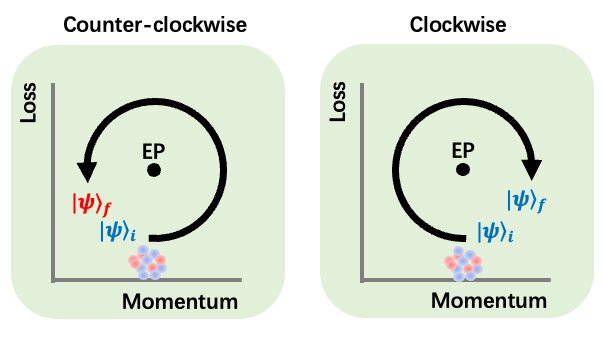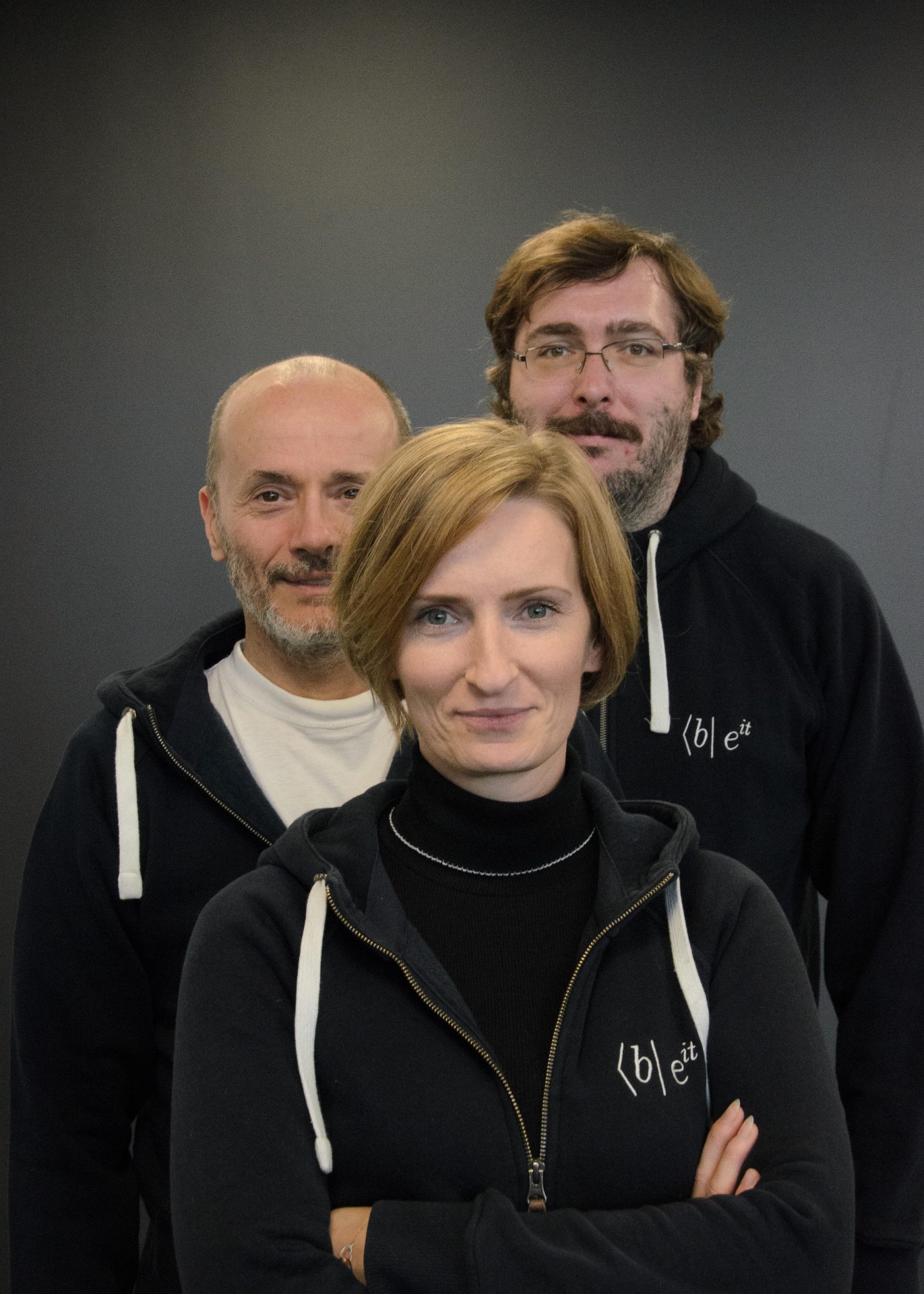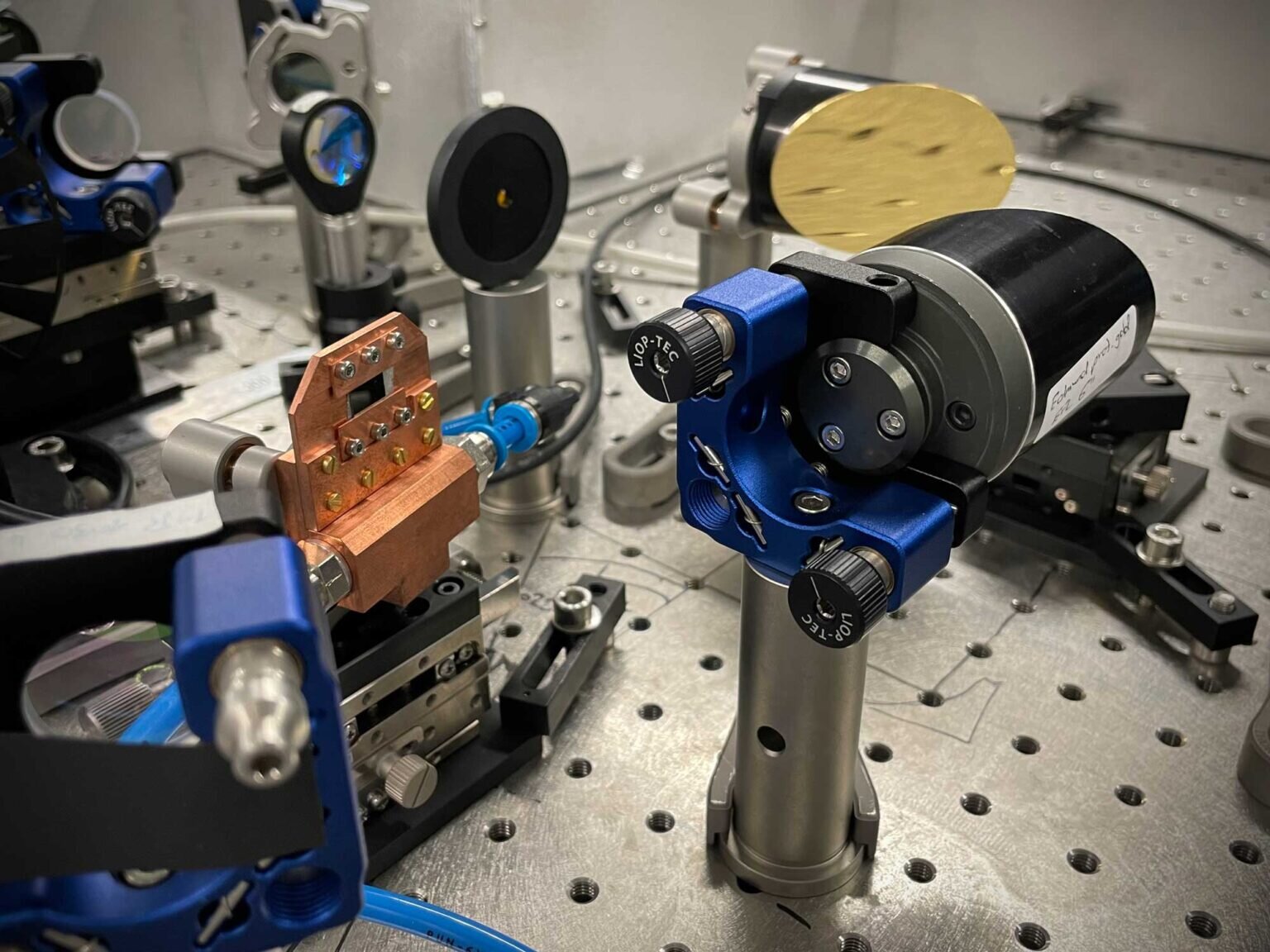Despite widespread skepticism about quantum computing’s immediate relevance, this emerging technology represents a crucial frontier with significant near-term implications. When people question the importance of quantum computing research, they often fail to see beyond the current limitations of these complex machines that operate at near-absolute-zero temperatures.
While quantum computers may seem esoteric and impractical today, their potential applications are both profound and practical. Beyond the more mundane examples like optimizing traffic lights or delivery routes lies a more compelling case for urgency: sustainability and climate change mitigation.
A Boston Consulting Group paper from 2020 highlights four key areas where quantum computing could meaningfully reduce greenhouse gas emissions:
- Developing new catalysts that could transform industrial processes
- Creating novel materials with superior properties
- Improving fluid dynamics simulations for more efficient designs
- Optimizing complex logistics systems to reduce emissions
These applications target precisely the kind of complex combinatorial problems that quantum computers are designed to solve. For instance, the Haber-Bosch process for producing ammonia fertilizer alone consumes 3-5% of global natural gas. Quantum-optimized catalysts could dramatically reduce this massive carbon footprint.
Concerns about quantum computers’ own energy consumption are valid but likely overblown. While the cooling requirements are significant, the energy used by the quantum chip itself is minimal compared to classical processors. Moreover, cooling costs don’t necessarily scale proportionally with quantum volume, suggesting that efficiency will improve as the technology advances.
The climate crisis demands innovative solutions beyond incremental improvements to existing technologies. Quantum computing represents one of our most promising tools for tackling these challenges at a fundamental level. Rather than seeing quantum research as an abstract scientific pursuit, we should recognize it as a practical investment in our collective future—one that may yield solutions to problems we haven’t yet imagined but will certainly need to address.
Increasing Crop Efficiency with QC: a presentation to the Washington DC Quantum Computing MeetUp in March 2021




